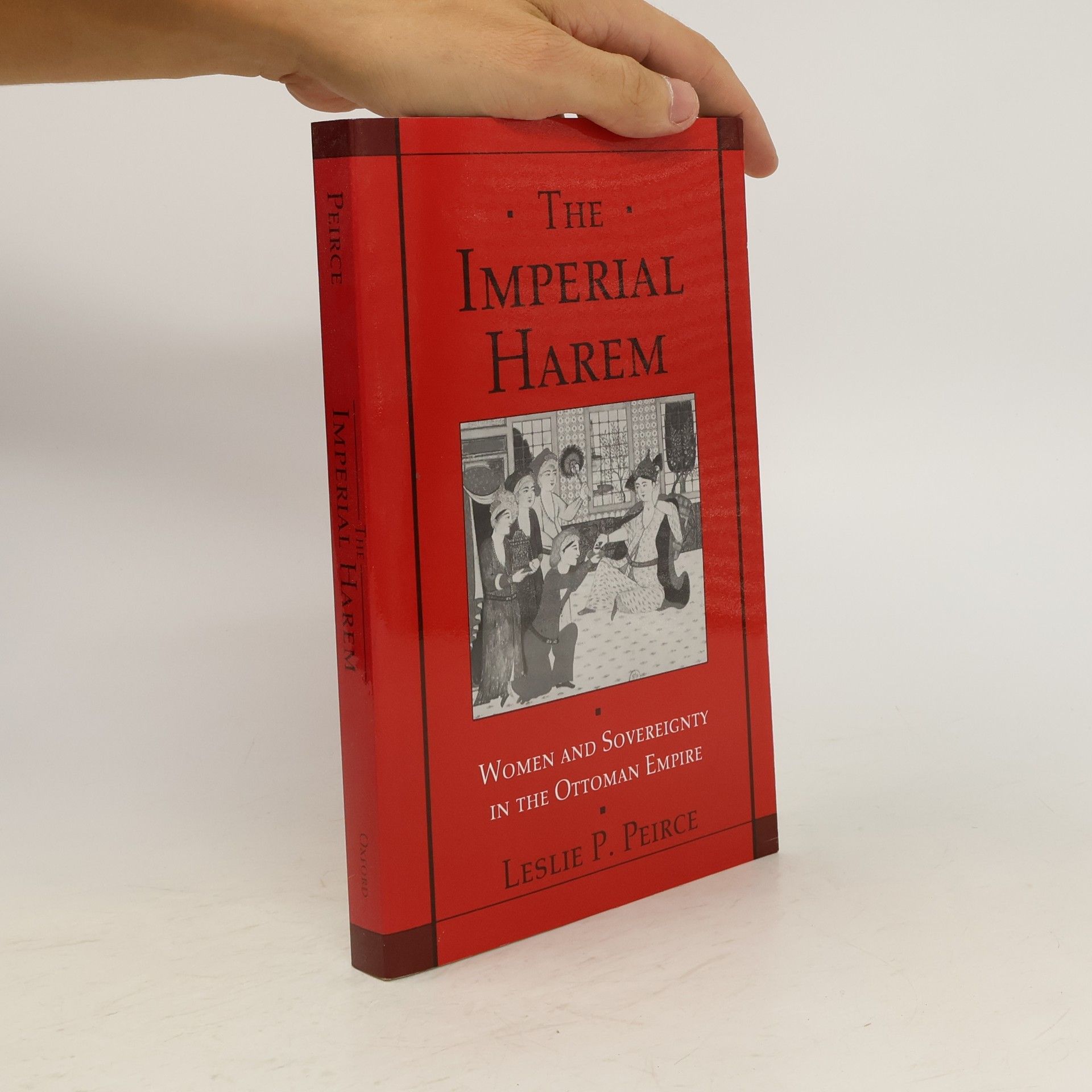The unprecedented political power of the Ottoman imperial harem in the sixteenth and seventeenth centuries is widely viewed as illegitimate and corrupting. This book examines the sources of royal women's power and assesses the reactions of contemporaries, which ranged from loyal devotion to armed opposition. By examining political action in the context of household networks, Leslie Peirce demonstrates that female power was a logical, indeed an intended, consequence of political structures. Royal women were custodians of sovereign power, training their sons in its use and exercising it directly as regents when necessary. Furthermore, they played central roles in the public culture of sovereignty--royal ceremonial, monumental building, and patronage of artistic production. The Imperial Harem argues that the exercise of political power was tied to definitions of sexuality. Within the dynasty, the hierarchy of female power, like the hierarchy of male power, reflected the broadersociety's control for social control of the sexually active.
Leslie P. Peirce Books
Leslie P. Peirce is a historian whose work centers on the early modern history of the Ottoman Empire. She delves deeply into issues of gender, law, and society within this period. Her research uncovers the intricate social structures and legal systems that shaped lives across the empire. Peirce offers a penetrating look into the development of early modern society through meticulous analysis of historical sources.
